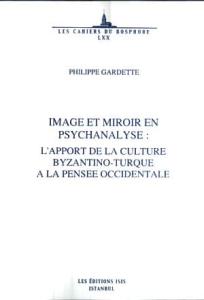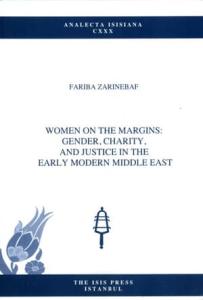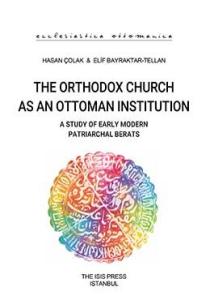
The rise of Sultan Selim III in 1789 marks the beginning of a period in the Ottoman history in which the tendency towards sunni-orthodox Islam strengthens together with the intention to bring regeneration into the Muslim community and restore power to the state. Along with that, Istanbul witnesses a rise in the number of sufi lodges, a movement of building new religious places and restoration and redecoration of old ones as well as an increase in the number of medresses and their students. This book focuses on an important section between 1826 and 1876 of this period to investigate the role of sunni-orthodox Islam in the 19th century climate of reformations in the Ottoman Empire. Islamic orders, Naqshbendi-Khalidi suborder in particular, important religious and political figures and important political events of the time are discussed in detail to present a picture of the era.
The rise of Sultan Selim III in 1789 marks the beginning of a period in the Ottoman history in which the tendency towards sunni-orthodox Islam strengthens together with the intention to bring regeneration into the Muslim community and restore power to the state. Along with that, Istanbul witnesses a rise in the number of sufi lodges, a movement of building new religious places and restoration and redecoration of old ones as well as an increase in the number of medresses and their students. This book focuses on an important section between 1826 and 1876 of this period to investigate the role of sunni-orthodox Islam in the 19th century climate of reformations in the Ottoman Empire. Islamic orders, Naqshbendi-Khalidi suborder in particular, important religious and political figures and important political events of the time are discussed in detail to present a picture of the era.




















